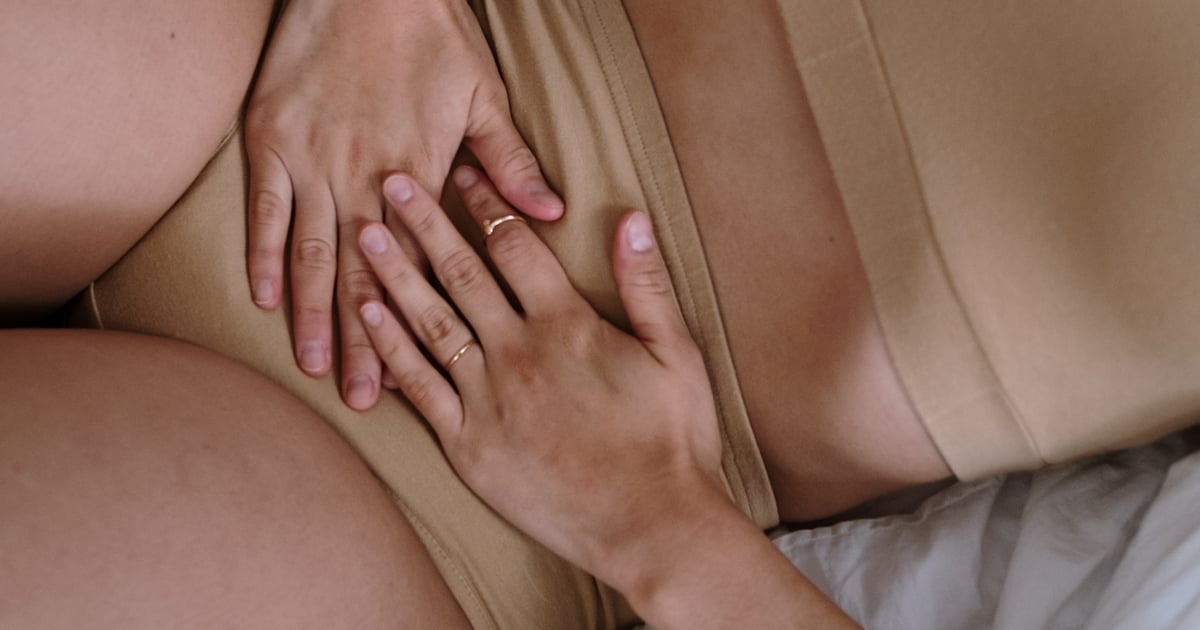Products You May Like

Just like the skin on your face and hands can lose moisture and feel dry and uncomfortable at times, the vagina can be subject to experiencing dryness as well.
According to Mount Sinai, vaginal dryness can be defined as when the tissues of the vagina are not well-lubricated. This lubrication, created from fluid from the lining of the vagina, is particularly important in making sexual intercourse a comfortable experience, as a lack of lubrication can actually cause issues like pain during sex.
While pain during sex can be one side effect of vaginal dryness, Mary Jane Minkin, MD, a board-certified ob-gyn, notes that the condition can also present itself as simply a dry sensation, as well as itching, burning, or even vaginal bleeding during sex. She added that when the vagina is dry, the external genital organs, like the vulva, can also experience dryness, which tends to manifest through burning, itching, bleeding, or a feeling of dryness as well.
Unlike other parts of the body, vaginal dryness isn’t caused by skimping on moisturizer, and you can’t blame not drinking enough water on it either.
Dr. Minkin said that a lack of estrogen is one of the most common causes of vaginal dryness. This frequently occurs during menopause, for some on certain birth control pills, and even when breastfeeding. However there are other causes for vaginal dryness other than these specific conditions. According to an article written by Robert Lee, MD, an ob-gyn at Mayo Clinic Health System, diet and certain medications, like some that also cause dry eyes and mouth, can contribute toward vaginal dryness.
If you’re currently experiencing or think you might be experiencing vaginal dryness, consider reaching out to your medical provider. Your doctor can offer a formal diagnosis, help pinpoint the cause, and come up with a treatment plan that suits your needs.
Sometimes, Dr. Minkin said an over-the-counter vaginal moisturizer might be recommended. She added that avoiding douching and strong soaps near the vulvar or vaginal area is also key. “The vagina is happiest with an acidic pH, so using little soap and a pH balanced wash can be helpful.”
According to the Cleveland Clinic, using lubricants during sex can also provide moisture to the vaginal area and might be helpful in reducing discomfort.
